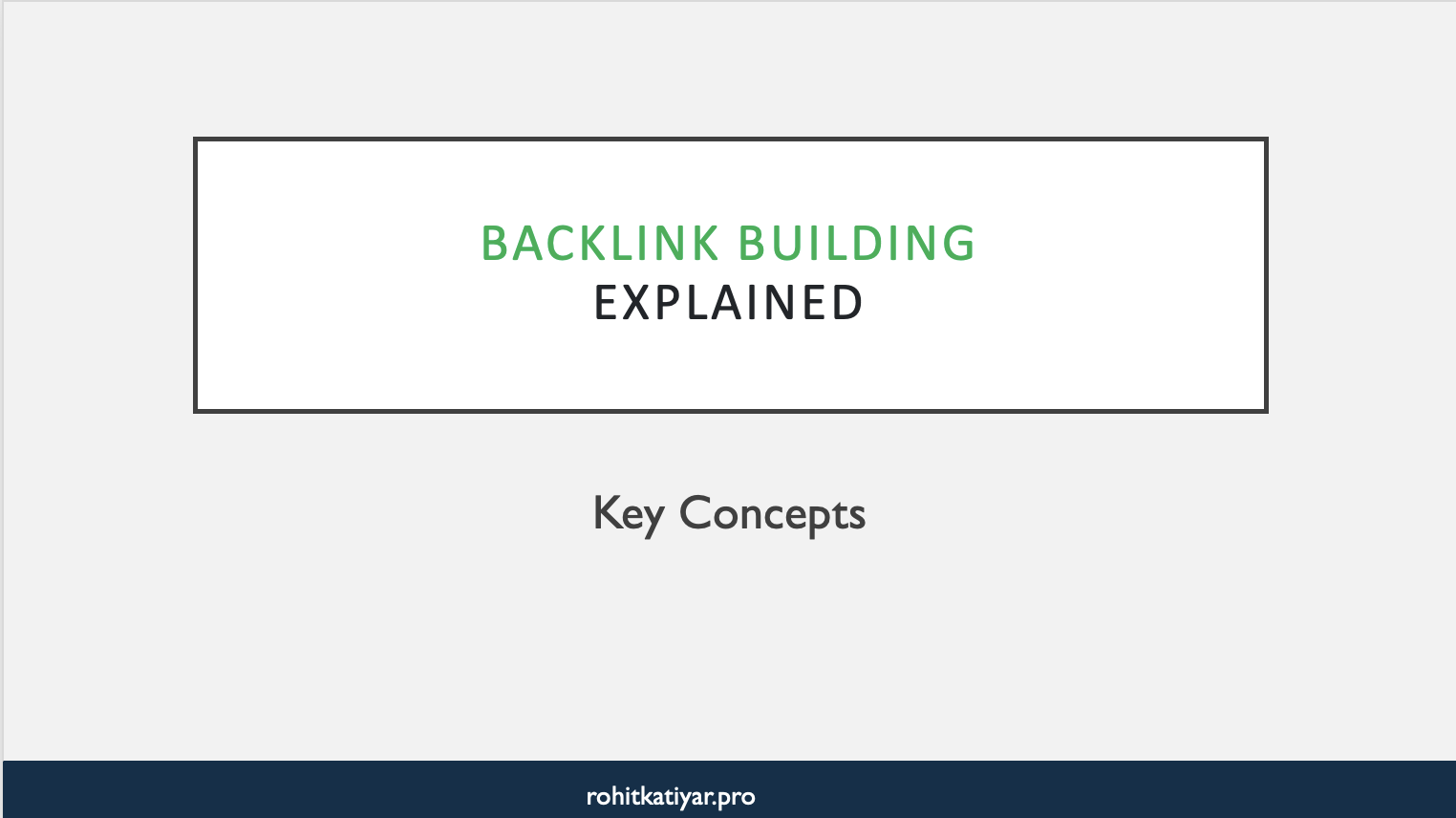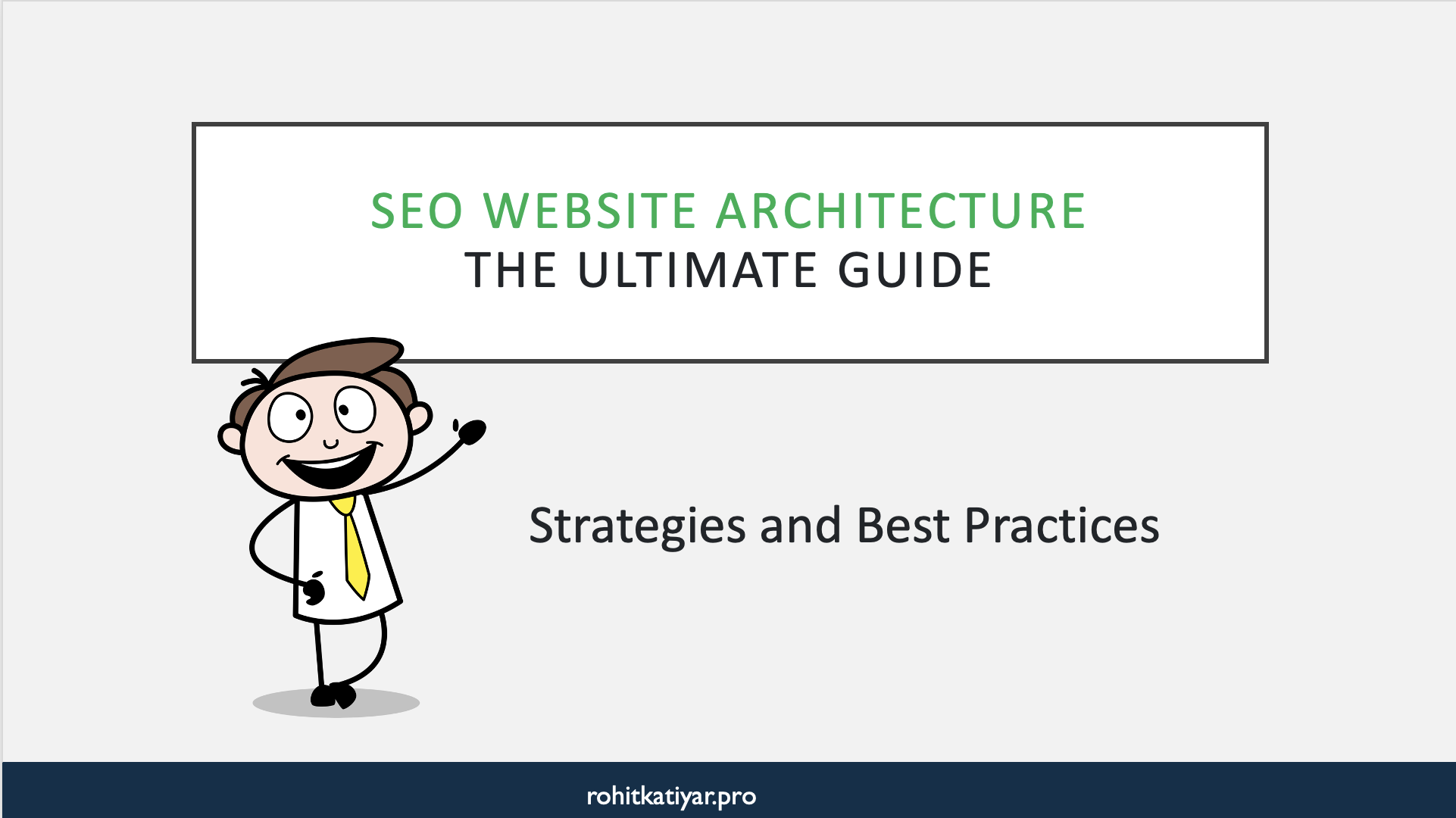Key Takeaways
- Backlink building is essential for SEO success and organic growth
- Focus on acquiring high-quality, relevant links
- Avoid black hat techniques to protect your site
- Use industry tools to monitor and analyze your backlink profile
- Patience and persistence are vital—results take time but are worth the effort
Join 473+ Founders & Marketing Leaders for tips, strategies, and resources to scale your business.
The Fundamentals of Backlink Building
What are Backlinks and Why Do They Matter?
Backlinks are links from other websites that point to your site. Think of them as endorsements: the more high-quality backlinks you have, the more trustworthy your site appears to search engines like Google.
Pro Tip: Not all backlinks are equal—focus on acquiring links from authoritative, relevant sources to maximize SEO benefits.
- Backlinks help search engines discover new pages on your website.
- They are a critical factor in determining your site’s ranking.
- High-authority backlinks can drive referral traffic directly to your site.
Types of Backlinks: Dofollow vs Nofollow
There are two primary types of backlinks you should know about:
- Dofollow Backlinks: Pass SEO value and help improve search rankings.
- Nofollow Backlinks: Do not pass SEO value but can still drive referral traffic and brand exposure.
Did you know? Even nofollow links can have indirect SEO benefits through increased visibility and organic sharing.
The Role of Backlinks in Search Engine Algorithms
Search engines use backlinks as a key ranking signal. The quality, quantity, and relevance of your backlink profile can significantly impact your website’s authority and where it appears in search results.
- Google’s PageRank algorithm was originally built around analyzing backlinks.
- Quality matters more than quantity—one link from a top publication can outweigh dozens from lesser-known sites.
- Anchor text and link placement also influence SEO value.
“A strong backlink profile is like a strong reputation: it takes time to build, but pays dividends in authority and trust.”
Backlink Building Strategies for Modern SEO
Content-Driven Link Acquisition
Creating valuable, shareable content naturally attracts backlinks. Focus on producing assets like:
- In-depth guides and tutorials
- Original research and data studies
- Infographics and visual content
- Expert interviews and roundups
Pro Tip: Content that solves real problems or presents unique data is far more likely to get cited and linked.
Guest Posting and Outreach
Guest posting on reputable industry blogs is a tried-and-true method for earning backlinks. Outreach involves connecting with webmasters, bloggers, or journalists to secure placements.
- Personalize your outreach emails for better response rates.
- Only contribute to relevant, high-quality sites.
- Avoid spammy, low-value guest posting networks.
“Relationship-building is at the heart of effective link outreach—focus on genuine connections, not just transactions.”
Digital PR and Brand Mentions
Digital PR combines classic public relations with modern SEO tactics. By getting your brand or content featured in news outlets, magazines, or industry publications, you earn high-authority backlinks.
- Pitch unique stories or expert commentary to journalists.
- Monitor for unlinked brand mentions and request a backlink.
- Use newsworthy data or reports to attract media coverage.
Did you know? Tools like HARO (Help a Reporter Out) connect you with journalists looking for expert sources, creating backlink opportunities.
Resource Page and Broken Link Building
Resource pages are curated lists of valuable links on a particular topic. Broken link building involves finding dead links on relevant sites and suggesting your content as a replacement.
- Identify resource pages in your niche via search operators: “keyword + resources.”
- Use tools like Ahrefs or Broken Link Checker to find opportunities.
- Offer your content as a solution to outdated or broken links.
“Helping webmasters fix broken links is a win-win: you improve their site’s quality and gain a backlink in the process.”
Building Backlinks with Partnerships and Sponsorships
Collaborations, partnerships, and sponsorships with other brands or organizations can lead to natural, high-quality backlinks.
- Co-create content (webinars, podcasts, reports)
- Sponsor industry events or awards
- Support charities or causes relevant to your sector
- These relationships often result in authoritative mentions and links.
Pro Tip: Partnerships should be genuine and mutually beneficial, not just for the sake of acquiring links.
Evaluating and Monitoring Your Backlink Profile
How to Analyze Backlink Quality
Not all backlinks are created equal. Assess each link by considering:
- The authority of the linking domain (use tools like Moz, Ahrefs, or SEMrush)
- The relevance of the linking page to your content
- The context and placement of the link (in-content links are best)
Did you know? Links from irrelevant or spammy sites can harm your SEO and may lead to manual penalties.
Tools for Backlink Analysis
Several tools help monitor your backlink profile and identify new opportunities:
- Ahrefs
- SEMrush
- Moz Link Explorer
- Google Search Console (for discovering who links to you)
- These platforms provide insights into link quality, anchor text distribution, and competitor backlinks.
“A healthy link profile is diverse, natural, and free from manipulative or spammy tactics.”
Disavowing Harmful Links
If you acquire low-quality or spammy backlinks, use Google’s Disavow Tool to prevent them from negatively impacting your SEO.
- Regularly audit your backlink profile for toxic links.
- Submit a disavow file via Google Search Console when necessary.
Pro Tip: Disavow only as a last resort—focus on building more quality links to outweigh the bad.
Common Backlink Building Challenges (and How to Overcome Them)
Avoiding Black Hat Tactics
Black hat link schemes—like buying links, link farms, or automated link-building—can lead to heavy penalties from search engines.
- Always prioritize ethical, white-hat techniques.
- Stay updated with Google’s Webmaster Guidelines.
- Educate your team about the risks of shortcuts.
Did you know? Google’s Penguin algorithm targets sites that violate link-building best practices.
Dealing with Algorithm Updates
Search engine algorithms evolve constantly. What works today might not work tomorrow.
- Diversify your backlink sources.
- Focus on evergreen, high-value content.
- Monitor industry news and SEO updates.
“Adaptability is your best defense against search engine volatility.”
Building Links in Competitive Niches
Some industries are much tougher for acquiring backlinks due to high competition or limited opportunities.
- Identify underserved subtopics or emerging trends.
- Leverage personal branding and thought leadership.
- Collaborate with influencers or micro-influencers.
- Persistence and creativity are crucial.
Pro Tip: Sometimes, niche directories or local partnerships can provide powerful, relevant links.
Measuring the Impact of Backlink Building
Tracking Rankings and Organic Traffic
Backlink building should directly correlate with improved rankings and increased organic traffic.
- Use Google Analytics to track traffic growth from referring sites.
- Monitor keyword rankings with tools like SEMrush or Ahrefs.
- Attribute spikes in traffic or rankings to new high-quality backlinks.
“Backlinks are not a vanity metric—they drive real business results when done right.”
Setting Realistic Expectations
Backlink building is a long-term strategy. Results may take weeks or months to materialize, especially in competitive niches.
- Be patient and persistent.
- Set clear KPIs and milestones.
- Celebrate small wins along the way.
Did you know? Even a handful of top-tier backlinks can dramatically boost your SEO over time.
Reporting Backlink Success to Stakeholders
Founders and marketing heads need to communicate the value of backlink building to stakeholders.
- Showcase ranking improvements, traffic growth, and referral conversions.
- Use visual dashboards and regular reports.
- Translate SEO jargon into business outcomes.
Pro Tip: Tie backlink performance directly to revenue or lead generation for maximum impact.

Frequently Asked Questions (FAQ)
What makes a high-quality backlink?
A high-quality backlink comes from a reputable, relevant website with strong domain authority, and is placed naturally within valuable content.
How many backlinks do I need to rank?
There’s no fixed number; focus on quality and relevance rather than quantity. A few authoritative backlinks can outperform hundreds of low-quality ones.
Are all backlinks good for SEO?
No. Links from spammy, irrelevant, or manipulative sources can harm your SEO. Always prioritize ethical link-building practices.
Can I buy backlinks to speed up results?
Buying backlinks is against Google’s guidelines and can lead to penalties. Stick to white-hat strategies for sustainable growth.
How long does it take to see results from backlink building?
SEO improvements from backlink building can take weeks to months, depending on your industry, competition, and existing site authority.
You may also like the below Video Course

Conclusion: Actionable Steps Forward
Backlink building remains a cornerstone of successful SEO for every founder, marketing head, and entrepreneur. By focusing on value-driven content, ethical outreach, and ongoing monitoring, you can build a robust backlink profile that elevates your search visibility and drives meaningful business outcomes.
- Audit your current backlink profile for strength and weaknesses
- Create content worth linking to
- Build genuine relationships with industry peers
- Monitor and adjust your strategy based on results
Want to Scale your SEO initiatives?
Need a SEO growth partner who can build the same automation, paid acquisition, and retention systems we architect for our marketing automation and growth retainers? We help leaders scale repeatable revenue engines in SEO without adding bloated headcount.
Talk to us about plugging our expert team into your roadmap—no pressure, just a candid conversation about how we can automate, optimize, and grow faster together.


